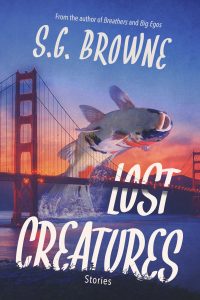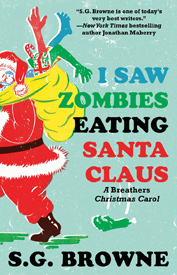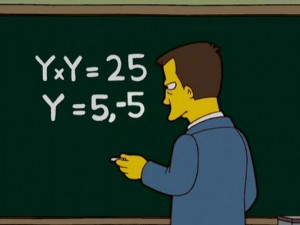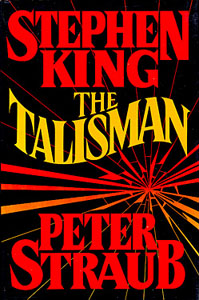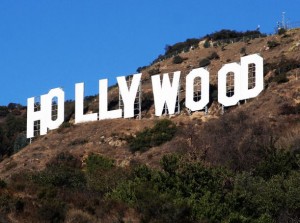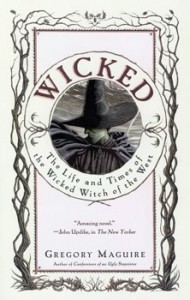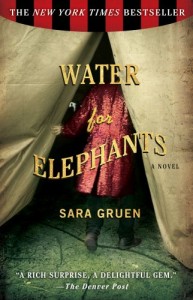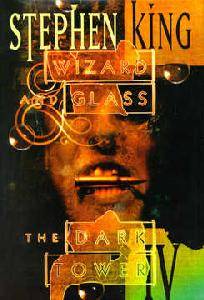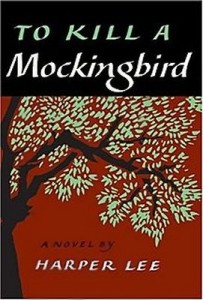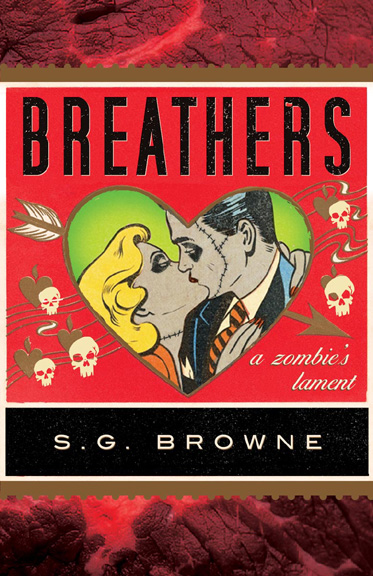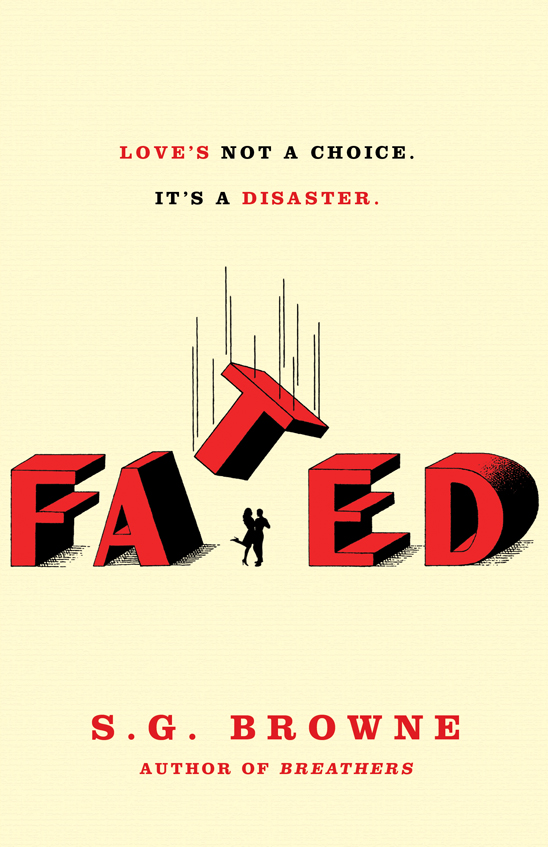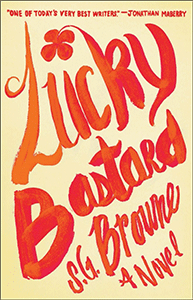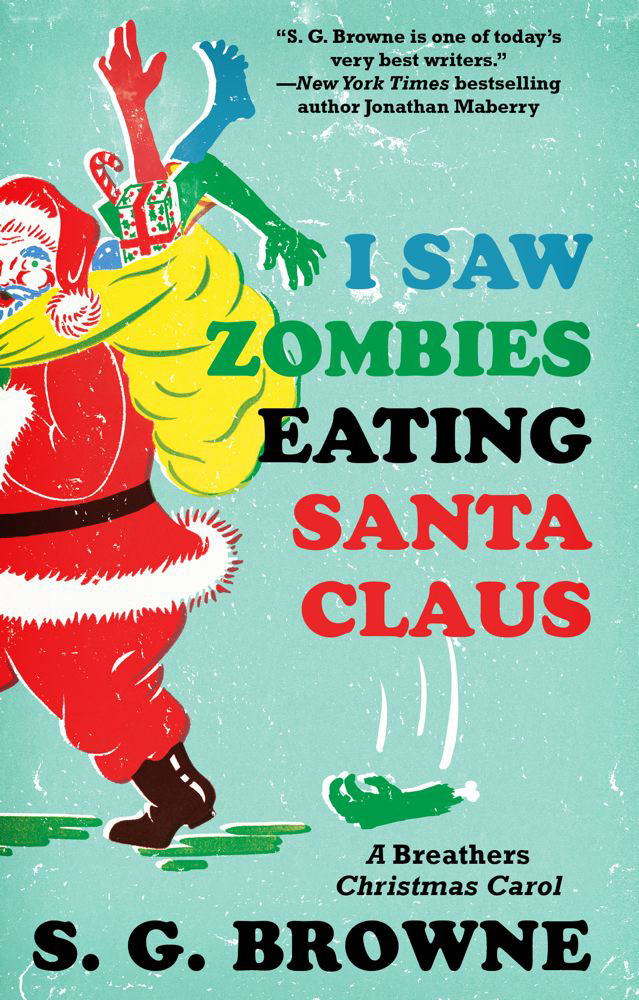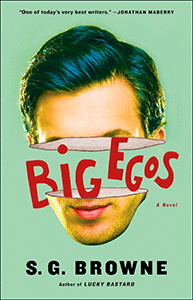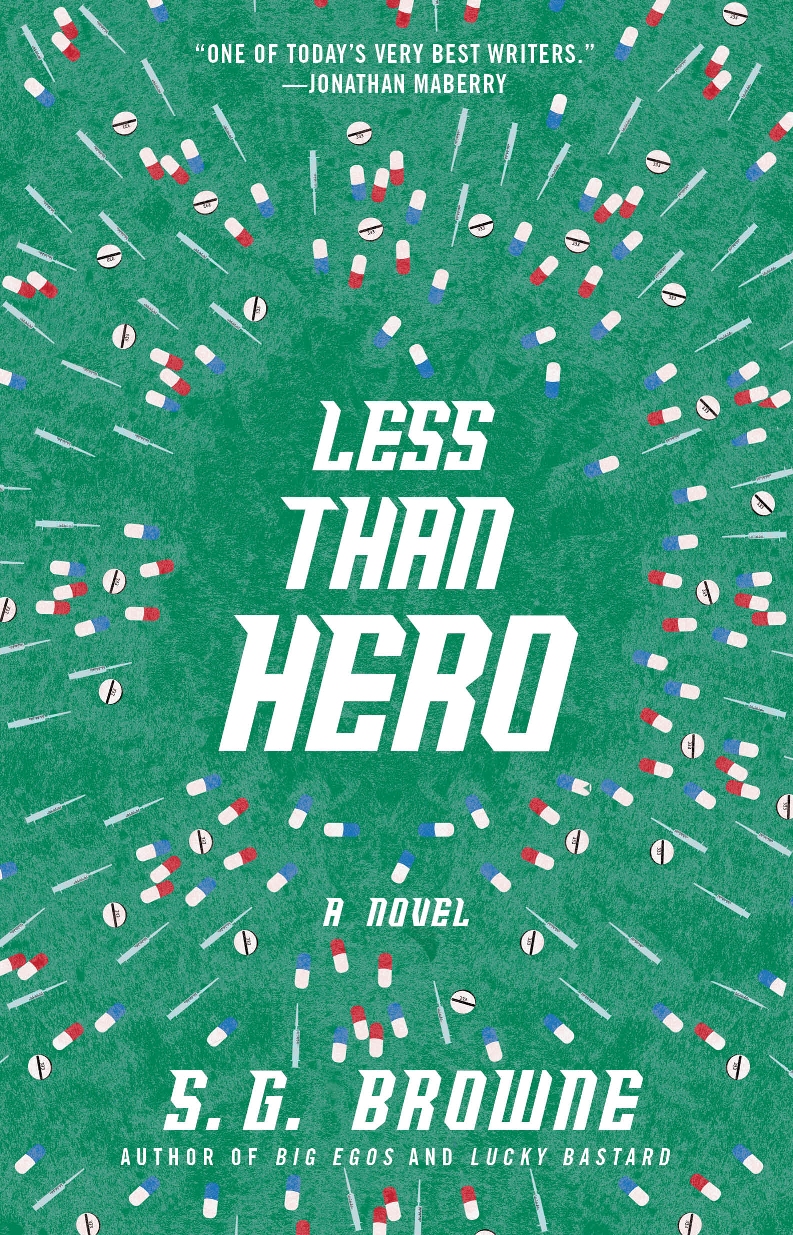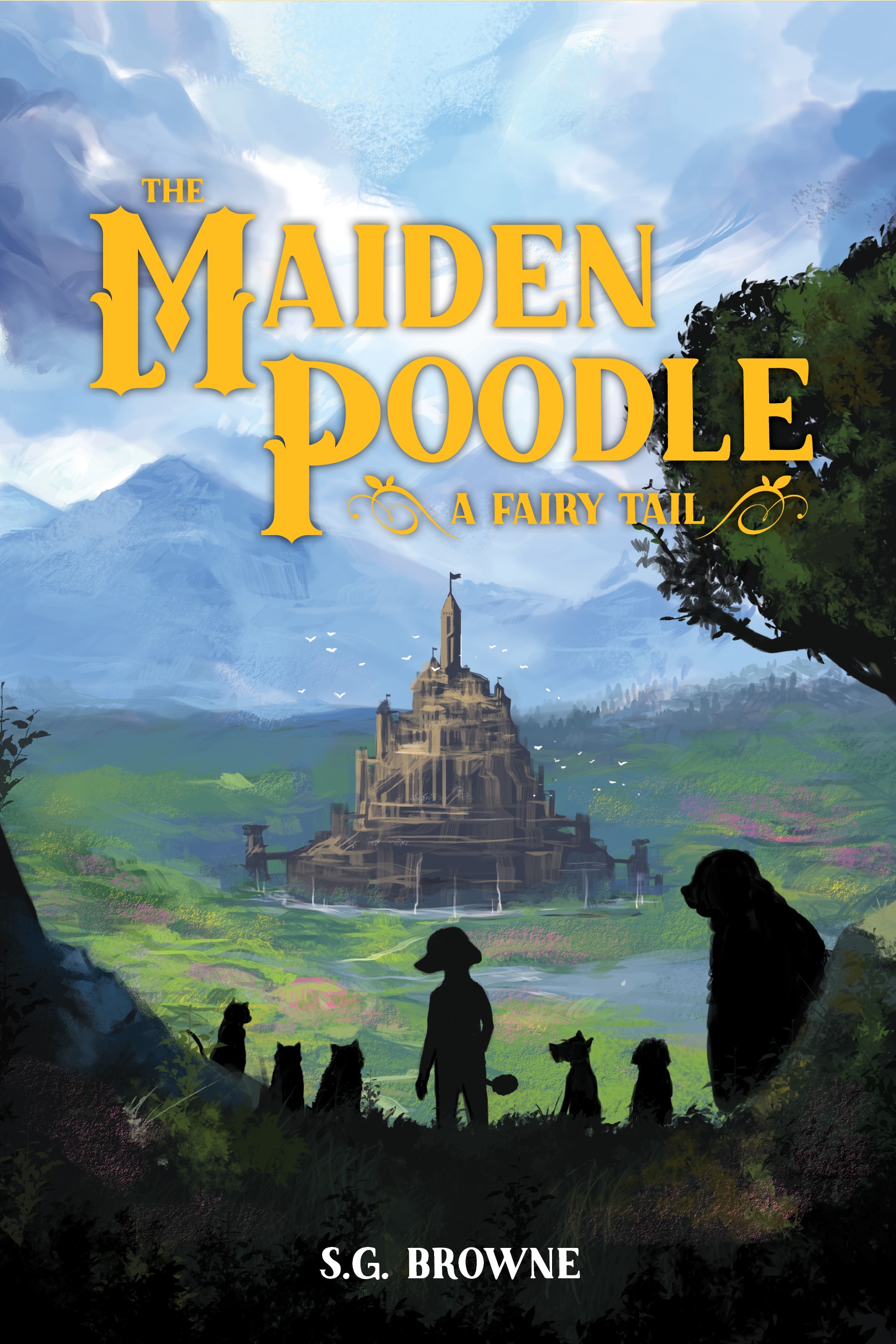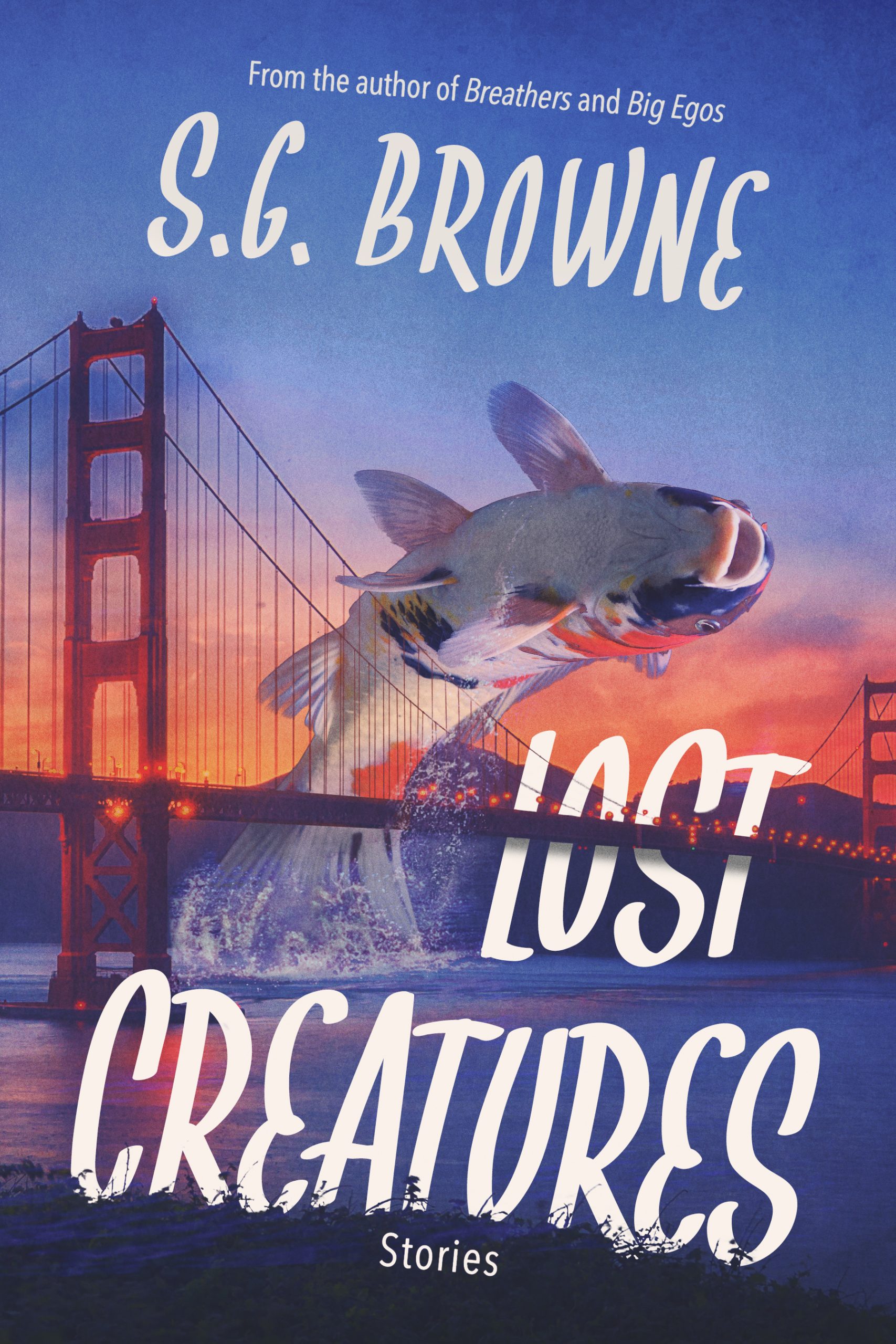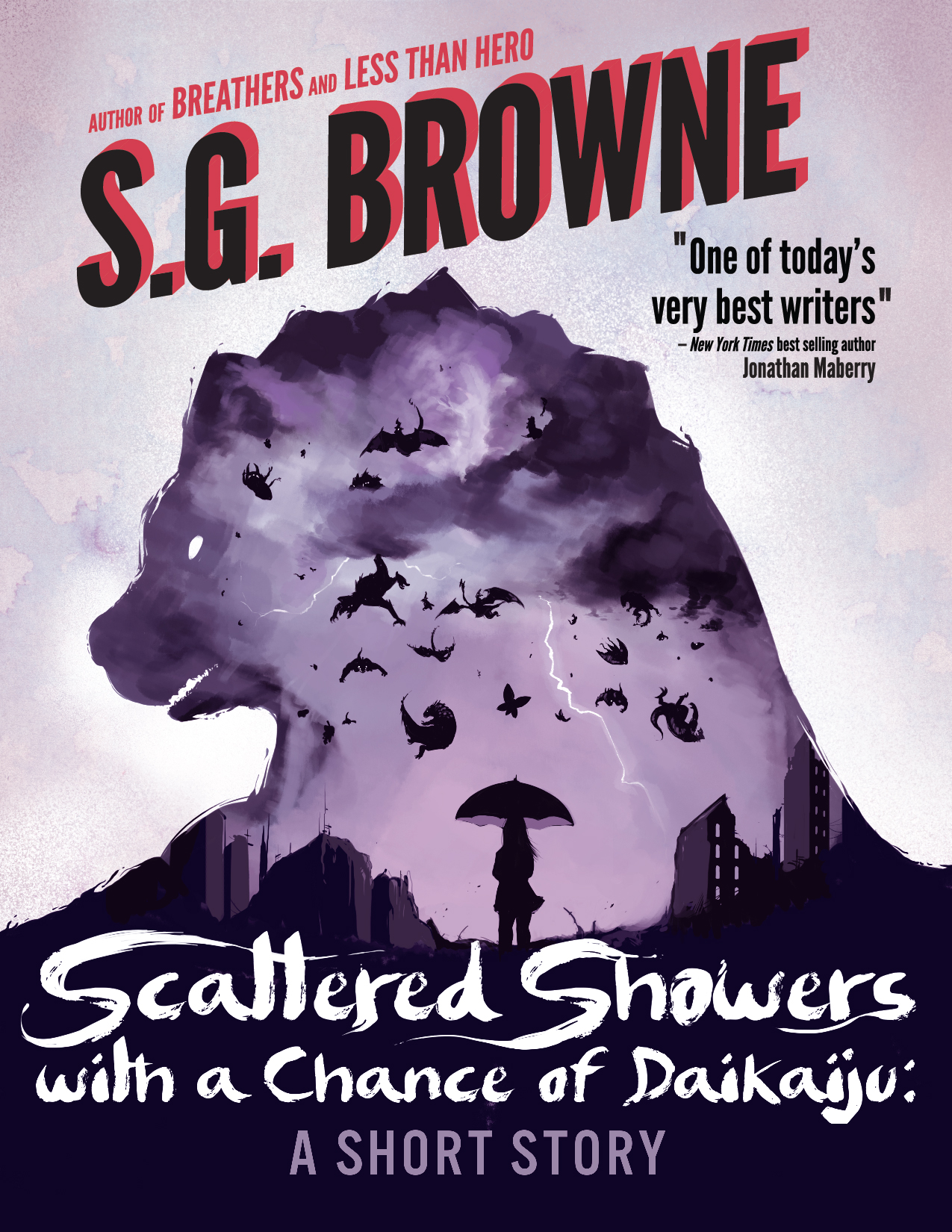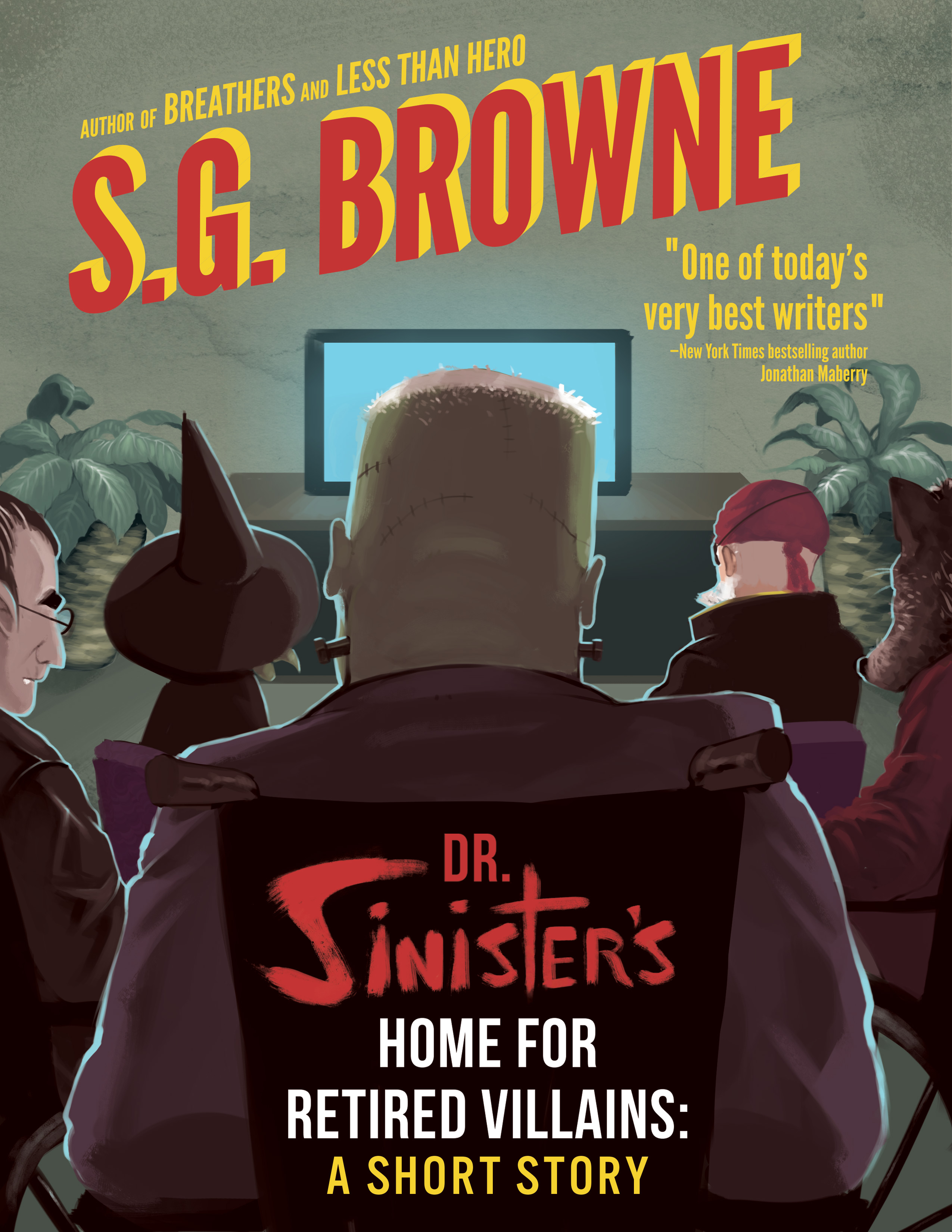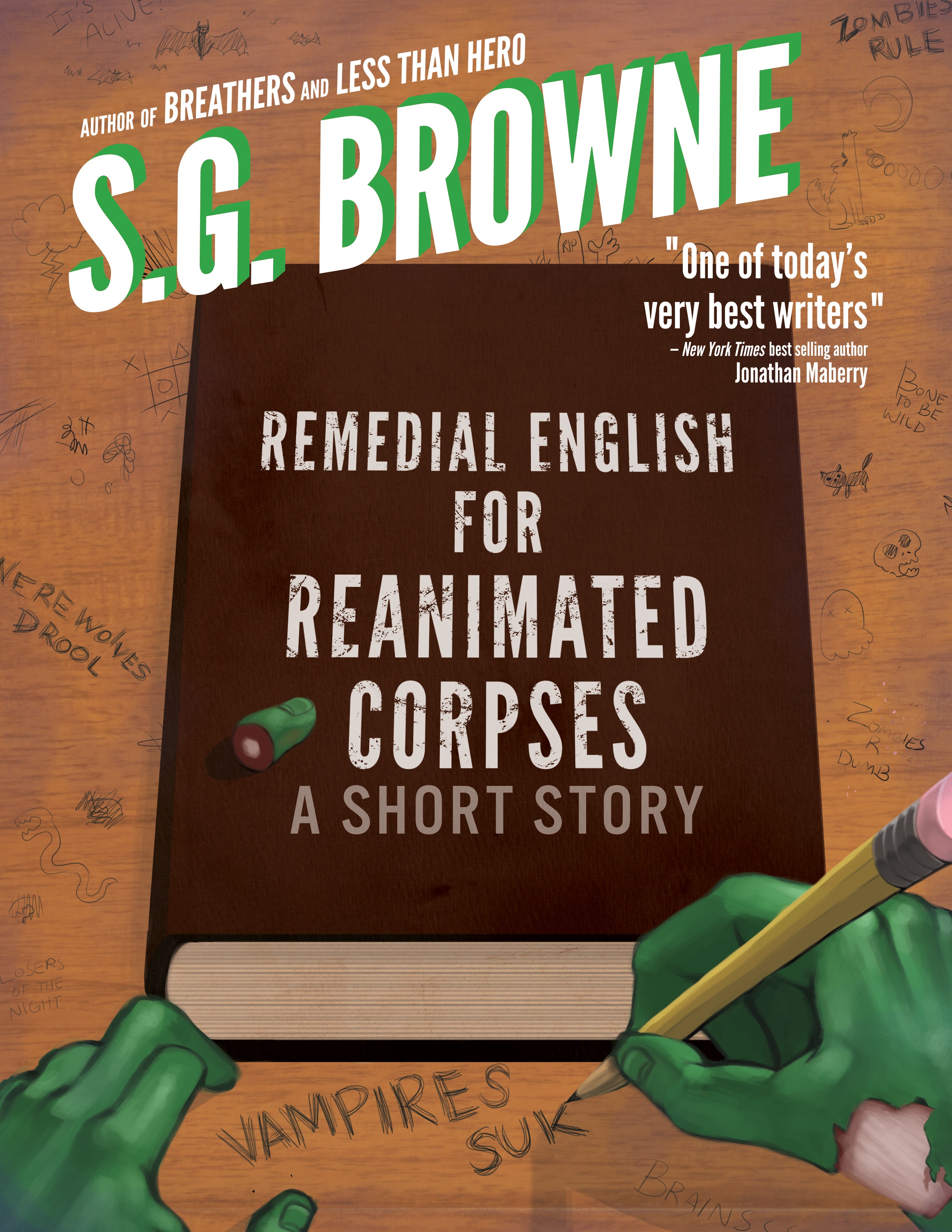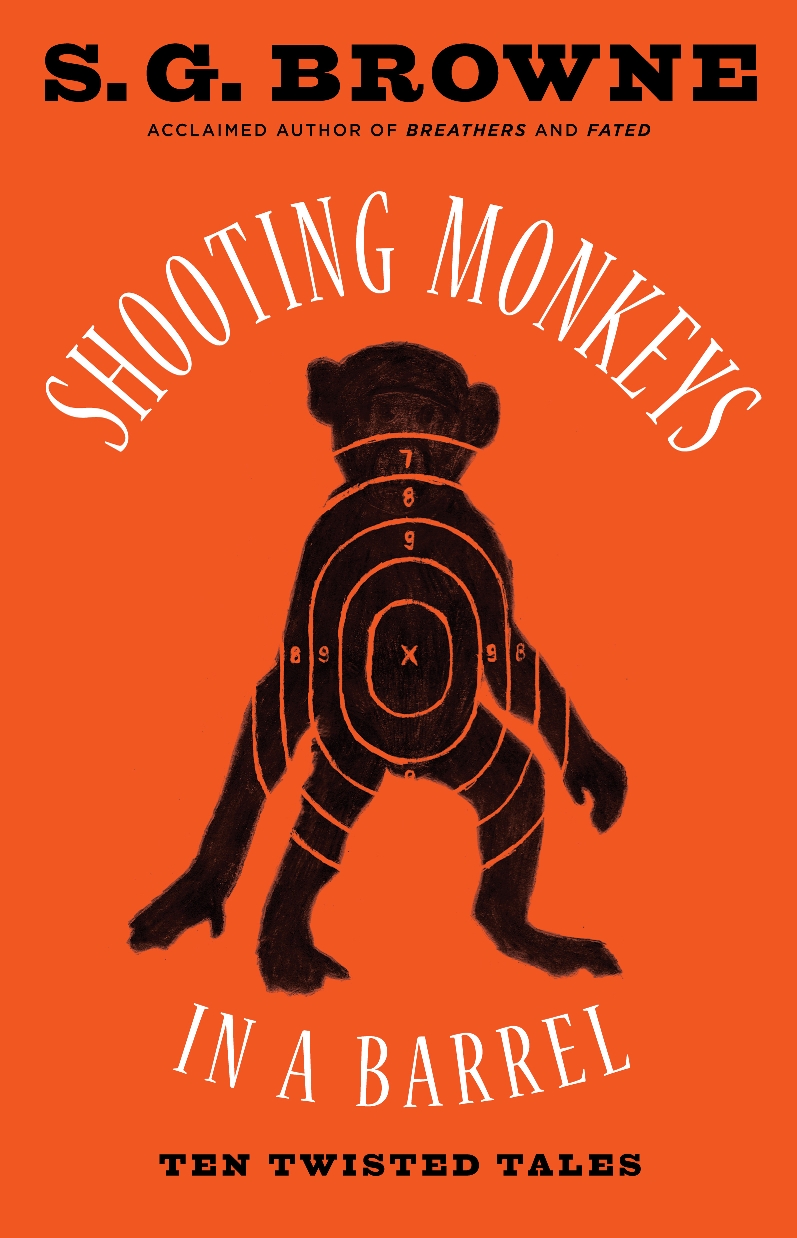10 Books That Matter To Me
Recently I was tagged on Facebook by a friend with the following:
“List 10 books that have stayed with you. Don’t think too hard about it – they just have to be books that touched you.”
She then went on to share her list of 10 books and tagged a handful of friends to see what their lists looked like. While I didn’t tag anyone, I did feel compelled to share the 10 books that came to mind without having to give them too much thought. But then I realized I wanted to share a brief explanation as to WHY the books mattered to me or how they touched me. So here we go:
***************************
Lullaby by Chuck Palahniuk
This is the novel that inspired me to write Breathers and sent me down the path of social satire and dark comedy. While several of Pahlaniuk’s early novels could also have made the list, this one stands out for it’s influence on the direction my writing took.
Cat’s Cradle by Kurt Vonnegut
My favorite of Vonnegut’s novels, it has it all: science fiction, satire, a dwarf, an original Calypso religion, granfallons, pissants, and the end of the world. What’s not to like?
The Book Thief by Markus Zusak
Lyrical in its prose and poignant in its message about the power of words, this is the one book I recommend and gift to everyone. A Young Adult novel that should be classified as Literary Fiction.
American Psycho by Bret Easton Ellis
I’m a sucker for novels that make social commentary on capitalism and Patrick Bateman’s stream-of-consciousness narration just sucked me in. Along with Slaughterhouse-Five by Vonnegut, American Psycho was one of the inspirations for Big Egos.
Lord of the Flies by William Golding
My stranded-on-a-desert-island book (which I coincidentally read as a sophomore in high school while living on an island) and the first book to really stick with me. I’ve got the conch!
The Talisman by Stephen King and Peter Straub
While a number of books by King and Straub are among my favorite reads, this was the first time I ever got so caught up in the story unfolding within the pages that the world outside of the book ceased to exist. And I thought: I want to make people feel this way.
The Big Sleep by Raymond Chandler
Great opening. Great voice. Great character. Chandler has a way with words that are all his own. This novel set the bar for hard-boiled crime novels and was influential in the writing of my third novel, Lucky Bastard.
Geek Love by Katherine Dunn
While every book on this list is unique in its own way, I’ve never read another novel that comes close to this one. Dunn’s story of a self-made carnival sideshow freak family is one-of-a-kind awesome.
Lamb: The Gospel According to Biff, Christ’s Childhood Pal
by Christopher Moore
My favorite of Moore’s novels, all of which are an inspiration to my own writing. Smart, funny, and addictive. If you haven’t read anything by Moore, you should start now. Preferably with this one. You’ll thank me later.
Where the Wild Things Are by Maurice Sendak
This one surprised me a bit when it popped into my head, but only for a moment. One of my favorite stories of my childhood and of all time. I can still recite Max’s adventures word-for-word.
***************************
That’s it. That’s my list. If you have your own favorite books that matter to you, feel free to share them in the comments. And as always, thanks for reading.
